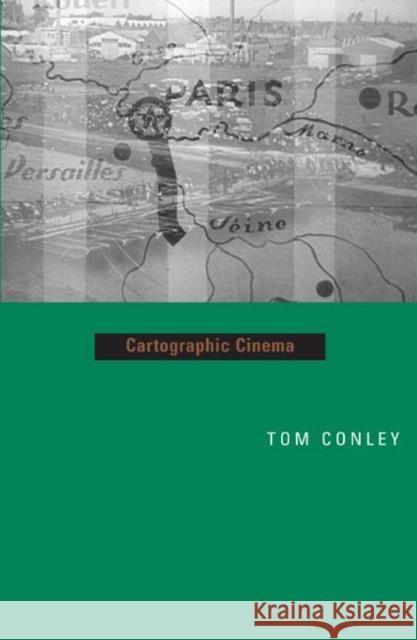Cartographic Cinema » książka
Cartographic Cinema
ISBN-13: 9780816643561 / Angielski / Twarda / 2007 / 264 str.
Cartographic Cinema
ISBN-13: 9780816643561 / Angielski / Twarda / 2007 / 264 str.
(netto: 278,16 VAT: 5%)
Najniższa cena z 30 dni: 291,47
ok. 22 dni roboczych.
Darmowa dostawa!
Cartography and cinema are what might be called locational machinery. Maps and movies tell their viewers where they are situated, what they are doing, and, to a strong degree, who they are. In this groundbreaking work, eminent scholar Tom Conley establishes the ideological power of maps in classic, contemporary, and avant-garde cinema to shape the imaginary and mediated relations we hold with the world. Cartographic Cinema examines the affinities of maps and movies through comparative theory and close analysis of films from the silent era to the French New Wave to Hollywood blockbusters. In doing so, Conley reveals that most of the movies we see contain maps of various kinds and almost invariably constitute a projective apparatus similar to cartography. In addition, he demonstrates that spatial signs in film foster a critical relation with the prevailing narrative and mimetic registers of cinema. Conley convincingly argues that the very act of watching films, and cinema itself, is actually a form of cartography. Unlike its function in an atlas, a map in a movie often causes the spectator to entertain broader questions--not only about cinema but also of the nature of space and being.











